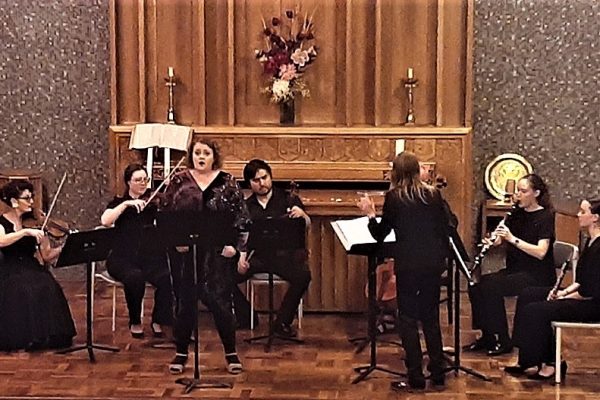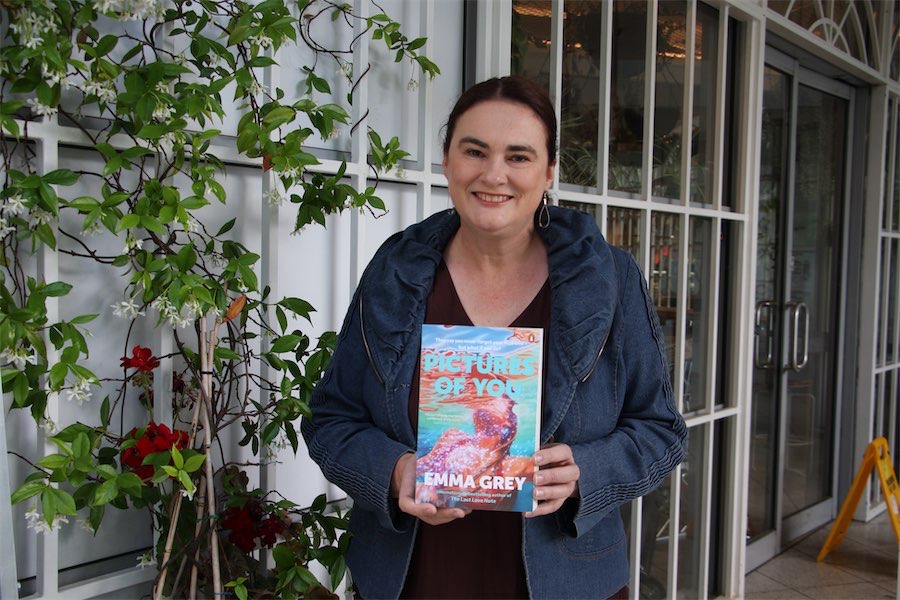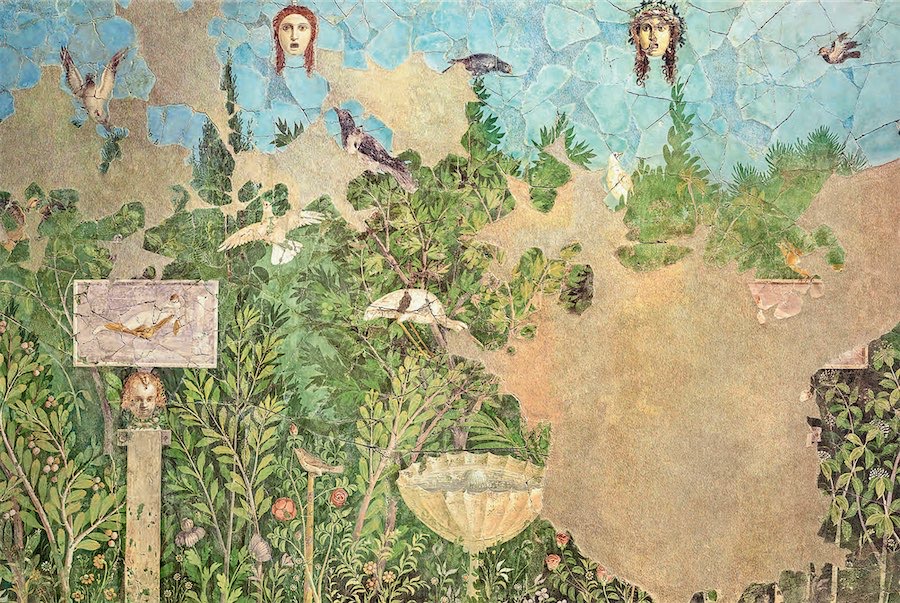
Music / “Traversing the Void”, Kanimbla Quartet with soprano Hallveig Rúnarsdóttir and SCUNA. At Wesley Music Centre, March 17. Reviewed by ROB KENNEDY.
CHAMBER operas pack a lot in a little space. This one told an Australian story through the eyes of a wild cockatoo.
The new chamber opera by Icelandic composer Hildigunnur Rúnarsdóttir and librettist Josephine Truman is in eight movements. A listener is taken across the Blue Mountains in NSW from a unique aerial perspective.
The Kanimbla Quartet along with librettist Josephine Truman come from the Blue Mountains. Also performing was the award-winning soprano from Iceland, Hallveig Rúnarsdóttir, who has a voice so clear and refined it almost melts a listener. They have created a fascinating small opera.
The players in the Kanimbla Quartet were Rebecca Daniel, director/violin; Elizabeth Cooney, violin; Sam Harding, viola; Trish McMeekin, cello; also performing were, Katherine Howarth, clarinet; Miriam Cooney, oboe; Anthony Smith, piano and Matthew Stuckings conducting SCUNA, the ANUChoral Society.
Beginning with “Blue Mountains Suite”, by Rebecca Daniel, it was about the 2019 bushfires. In three movements, this contemporary and delicate work had a lively singing tone and driving rhythms. The quality of the playing was quite exceptional from the quartet.
In the second movement, the expression of sadness in the “Lament for the Joeys”, spoke of how deeply affecting the bushfires were for this composer, who lives in the Blue Mountains, but was away in England at the time watching what happened online. The entire work beautifully written and beautifully performed.
Following, a piece titled “Hruna” by Hildigunnur Rúnarsdóttir, and sung by Hallveig Rúnarsdóttir, Rebecca Daniels and Josephine Truman with viola and cello. This was an ethereal piece. Subtle and mysterious. It, too, was about frightening fires. The language threw me, but the singing and the music did not. Powerfully emotional.
Then a song titled, “Woolloomooloo”, which was sung in English to words by poet Kirsten Tona. It was a strong work with singing that crossed parts and made dramatic changes. The high-pitched, powerful notes made it stand out.
Then SCUNA stepped up for the work “Gluna, Psalm 150 and Vorlauf”, by Rúnarsdóttir. Conducted by Stuckings, who said, “don’t expect them to be professional”, seeming to underestimate them. They were good. Then on to a work by pianist and composer Penelope Thwaites, “Gloria” (from Missa Brevis). Opening with just piano and one soprano, before the whole 30-plus singers joined in, it was a strong tonal work.
Then “Requiem”, by Eliza Gilkyson, an American composer. It owned a soft tune sung mostly in unison. With piano leading throughout, it made an impression as it tugged at the heartstrings.
After the interval, “Traversing the Void”, by Hildigunnur Rúnarsdóttir. Directed by Julie Cooney with Hallveig Rúnarsdóttir singing, the eight pieces began for just the quartet, clarinet, and oboe. The music fresh, contemporary and searching.
Hallveig soon walked on to stage and began to follow the searching music with her singing. With a powerful and commanding voice that cut through with soaring fortissimos over the players, the quality of her singing was something to behold.
The music beautifully refined, exceedingly well composed and balanced. The oboe and clarinet floated in and out like a soft dream. Hallveig’s ability for subtle and dynamic phrasing made this creative music all the more compelling.
It’s performances like this that make me glad I’m a concert reviewer.
Who can be trusted?
In a world of spin and confusion, there’s never been a more important time to support independent journalism in Canberra.
If you trust our work online and want to enforce the power of independent voices, I invite you to make a small contribution.
Every dollar of support is invested back into our journalism to help keep citynews.com.au strong and free.
Thank you,
Ian Meikle, editor




Leave a Reply